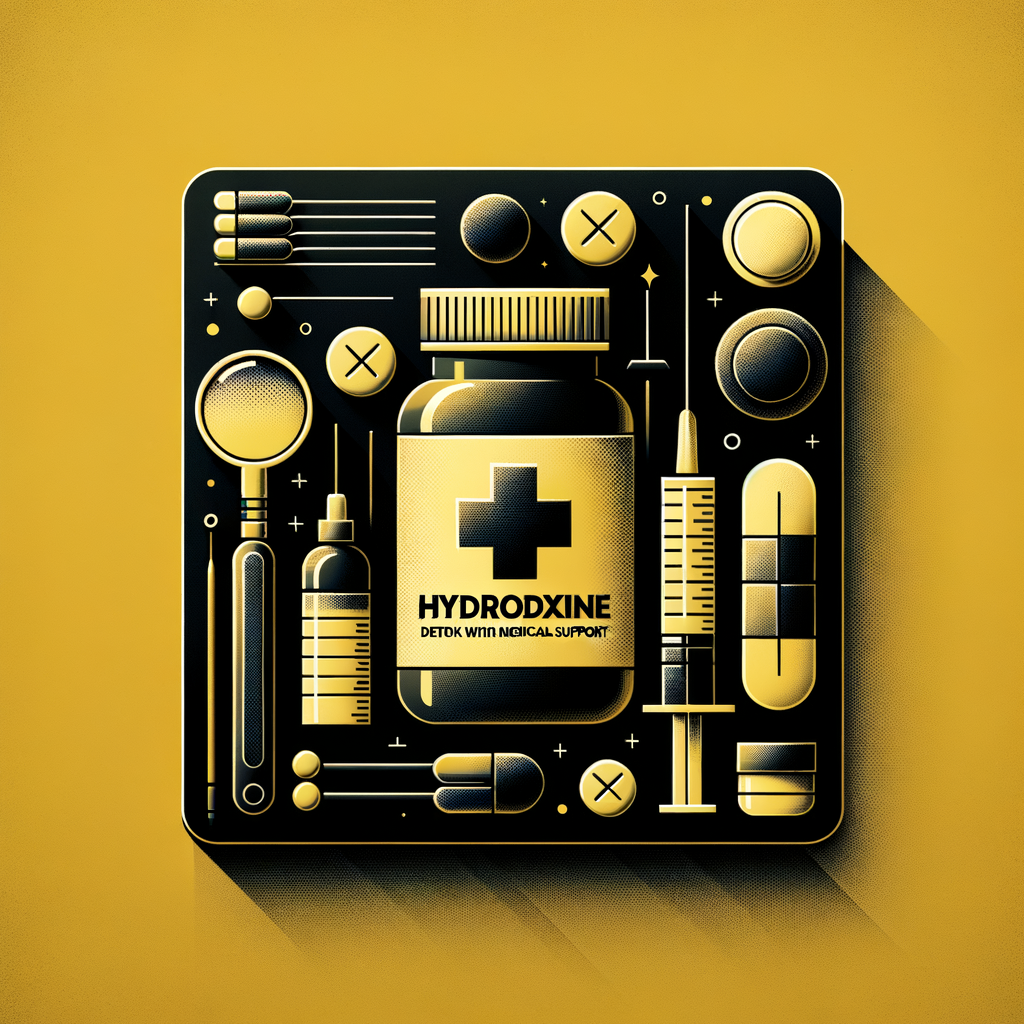Why Choose Drug and Alcohol Detox in Yelm, Washington?
Deciding to seek drug and alcohol detox in Yelm, Washington is a life-changing step. Addiction can take a heavy toll on both mental and physical health, but with the right support, recovery is possible. Our detox center provides medical supervision, holistic treatment approaches, and personalized recovery plans to help individuals safely withdraw from drugs and alcohol.
Overcoming Addiction: More Than Just Quitting
Overcoming addiction is not just about quitting substances; it’s about learning to live a healthier, substance-free life. Our team of specialists offers 24/7 medical support, ensuring that withdrawal symptoms are managed effectively and safely.
Fast Facts About Addiction & Detox
- According to the National Institute on Drug Abuse, 40-60% of people recovering from addiction experience at least one relapse, highlighting the need for proper detox and aftercare.
- Studies show that medically supervised detox increases the chances of long-term sobriety by 50% compared to going through withdrawal alone.
Understanding the Detoxification Process
Detox is the first and most important step in addiction recovery. When a person stops using drugs or alcohol, their body begins to eliminate toxins, leading to withdrawal symptoms. The severity and length of withdrawal depend on factors such as:
- Type of substance used
- Duration and frequency of use
- Overall health of the individual
Common Withdrawal Symptoms
- Alcohol Withdrawal: Anxiety, tremors, seizures, hallucinations
- Opioid Withdrawal: Muscle pain, sweating, nausea, depression
- Stimulant Withdrawal: Fatigue, depression, irritability
Detox in a medical setting offers the safest option, as doctors and addiction specialists monitor symptoms and provide necessary treatments.
Detox Programs We Offer in Yelm, Washington
Finding the right detox program can be overwhelming, but we provide various options to meet individual needs.
1. Medical Detox (24/7 Supervision)
For individuals with severe withdrawal symptoms, we offer medically-assisted detox with 24/7 medical supervision. This includes the use of FDA-approved medications to ease discomfort and cravings, leading to a safer recovery process.
2. Inpatient Detox Program
An inpatient (residential) detox offers a structured environment where individuals stay at our facility during detox. This is ideal for those who:
- Have a history of relapse
- Need dual diagnosis treatment for mental health conditions
- Require medical monitoring for withdrawal symptoms
3. Outpatient Detox Program
Our outpatient detox allows individuals to receive treatment while continuing their daily responsibilities. This program typically includes:
- Medical check-ins
- Counseling and behavioral therapy
- Access to support groups
4. Holistic Detox Approaches
Detox isn’t only about physical healing—it’s also about addressing mental and emotional well-being. That’s why we offer holistic detox therapies like:
- Mindfulness and meditation for stress reduction
- Nutritional counseling to support overall health
- Exercise and yoga programs to improve physical recovery
How Long Does Drug and Alcohol Detox Take?
The detox process can take anywhere from a few days to a few weeks, depending on the substance, severity of addiction, and individual health factors.
General Detox Timelines
- Alcohol Detox: 5-7 days
- Opioids (Heroin, Prescription Painkillers): 7-10 days
- Benzodiazepines: 10-14 days (should always be medically supervised)
- Stimulants (Cocaine, Methamphetamine): 5-7 days
While detox is a crucial first step, ongoing treatment is necessary to maintain sobriety and prevent relapse.
Insurance & Payment Options for Detox Treatment
Many people avoid seeking detox due to concerns about cost. However, most insurance plans cover detox services, including:
- Medicare & Medicaid
- Private health insurance providers
- Employer-sponsored plans
Our team can help verify coverage and explore payment options if needed.
The Importance of Aftercare & Long-Term Support
Detox alone is not a cure for addiction—it’s a foundation. Ongoing treatment, therapy, and peer support significantly improve the chances of lasting alcohol or drug-free living.
Our Aftercare Services Include:
- 12-Step Meetings and Peer Support Groups
- Relapse Prevention Therapy
- Mental Health Counseling for Co-Occurring Disorders
- Life Skills and Job Training Support
Analogy: Think of detox like preparing soil for a garden. Detox removes harmful toxins (weeds), but ongoing care—therapy, support groups, and lifestyle changes—help growth (sobriety) thrive.
Frequently Asked Questions
1. Is detox painful?
Withdrawal can be uncomfortable, but a medically supervised detox helps relieve discomfort through medication and support.
2. Can I detox at home?
It is not recommended, as withdrawal symptoms can become severe or life-threatening. A professional detox center ensures safety and comfort.
3. How do I know if I need detox?
If stopping a substance leads to withdrawal symptoms, cravings, or relapse, professional detox may be necessary.
4. Will my insurance cover detox treatment?
Most insurance plans cover detox services. Our admissions team can verify your coverage and discuss financing options.
5. What happens after detox?
After detox, continuing treatment such as inpatient or outpatient rehab, therapy, and aftercare support increases success rates in long-term recovery.
Start Your Recovery at Our Drug and Alcohol Detox Center in Yelm, Washington
Taking the first step toward sobriety can feel overwhelming, but you don’t have to do it alone. Our compassionate team is here to provide safe, evidence-based detox services to help individuals free themselves from addiction.
Call us today to begin your path to recovery! Speak to one of our admissions coordinators at (888) 852-0557 for a confidential consultation.
For more information on addiction treatment and resources, visit Substance Abuse and Mental Health Services Administration (SAMHSA) or the CDC’s Drug Overdose Prevention page.







